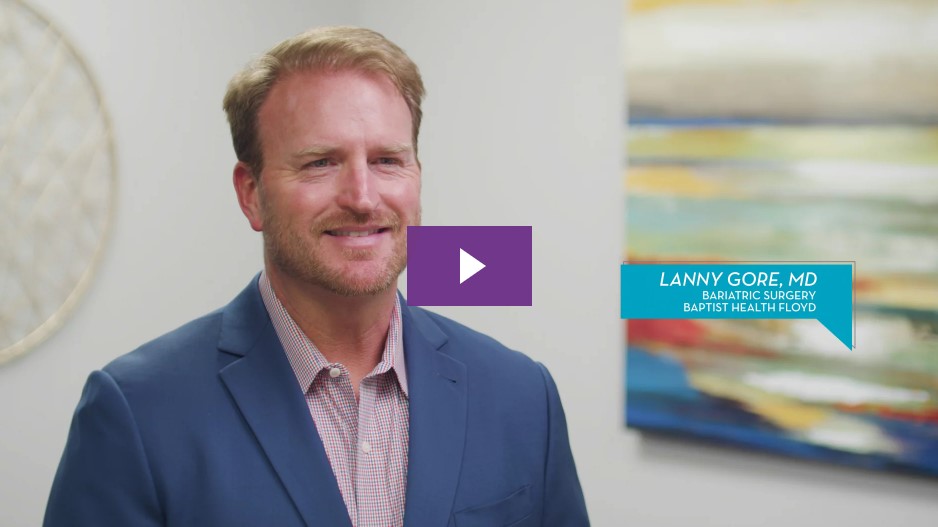Bariatric Weight Loss Surgery in Corbin, Kentucky
Baptist Health Corbin: Bariatric Weight Loss Surgery
Bariatric surgery helps patients with losing weight and keeping it off. Learn more about the different types of bariatric surgery procedures at Baptist Health.
Bariatric Weight Loss Surgery in Corbin, Kentucky HealthTalks Transcript
Jahan Miremami, MD, General Surgery:
Roughly one-third of Americans can be classified as obese, and in Kentucky, even more, about 40% of us can be classified as obese. That’s important because it’s directly associated with a lot of health conditions, including diabetes, high blood pressure, cardiovascular disease, obstructive sleep apnea, reflux, and the list goes on. It can be completely reversed with weight loss. Ideally, that’s done with diet and exercise. In some cases, that proves very difficult and requires bariatric surgical procedures to help achieve the weight-loss goals.
Bariatric surgery is a big step and it’s a very important decision to make. I think, first, discuss it with your primary care physician. Then, if appropriate, they can make the referral to us, and we can sit down and have a conversation and manage expectations. We can make an educated decision together. It’s a big transition after surgery because you’re going from normally eating three square meals, to having to be very deliberate about what you’re eating.
Then the weight loss, initially, tends to be pretty rapid once you change some of these basic habits. Again, people will lose 60% of their excess body weight at a year. Once they establish those habits, they can help keep it off. I think anytime in any field of medicine where you’re able to help a patient make these life changes in a positive way, it’s very fulfilling and makes you love every day you come to work.
Useful Resources and Next Steps:
Register for a Free Weight Loss Surgery Seminar
Take Our Free Weight Loss Health Risk Assessment
Home Exercises for Weight Loss
Life After Bariatric Surgery



